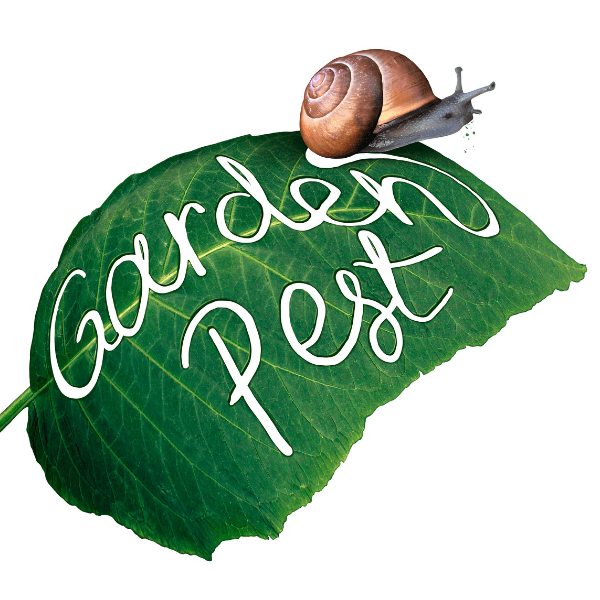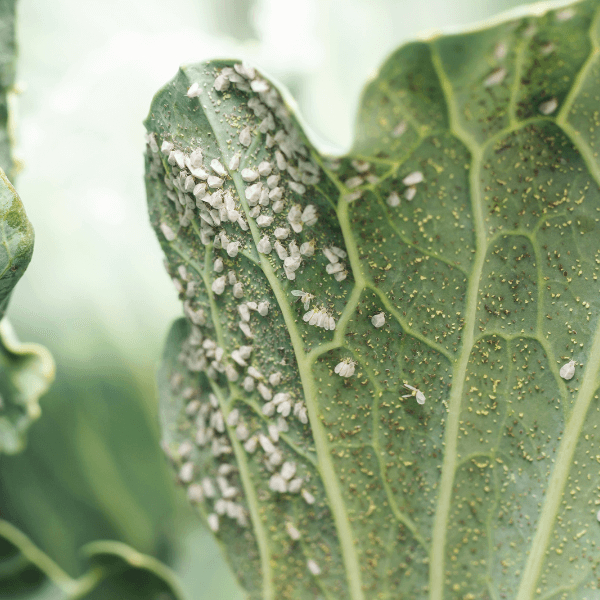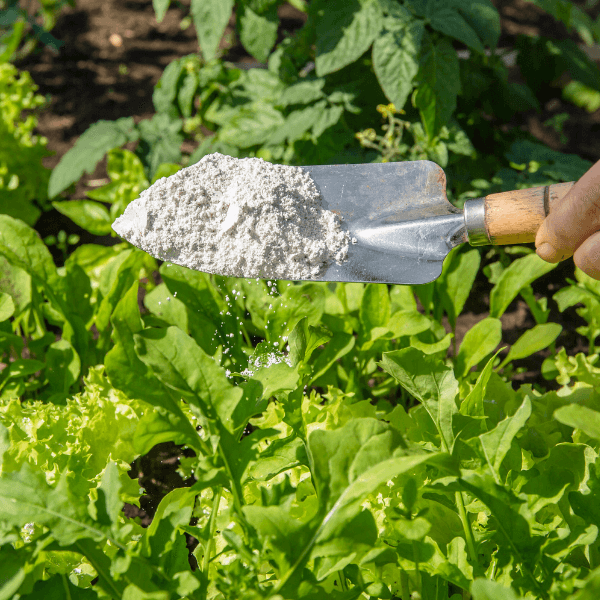If you're concerned about pests in your yard or home, a pest control company in St Catharines can help. We offer services to remove pests and prevent them from returning.
There are a few telltale signs that there may be pests in your yard or home:
If you notice any of these signs in your St Catharines property, it's time to call a pest control company. They will be able to identify the type of pest and recommend the best course of treatment. This may include traps, chemicals, or baits.

Pests can be more than an annoyance; they can pose a serious health risk to you and your family. Some pests, like rodents and cockroaches, can carry diseases. Others, like bees and wasps, can cause allergic reactions. That's why it's important to remove pests from your home as soon as you notice them.
A pest control company in St Catharines will be able to provide pest removal services and give you advice on how to prevent pests from returning in the future.
As if weeds and weird weather weren't bad enough, gardeners also have to face insect pests in the garden. Here's a look at 12 common garden pests—and how to get rid of bugs on plants.

Aphids are tiny, pear-shaped insects that can be black, brown, green, or pink. They suck saps out of plants, which can cause leaves to curl and distort. Aphids also discharge a sticky substance called honeydew, which attracts ants.
To get rid of aphids, start spraying them with water from a hose. Again, the use of neem oil and insecticidal soap are effective also.
Caterpillars and worms can do a lot of damage to plants, eating leaves and stems. Like the tomato hornworm, some caterpillars are bright green with white stripes. Others, like the cutworm, are brown or black.
To get rid of caterpillars and worms, start picking them off your plants by hand. You can also try using Bacillus thuringiensis (BT), an organic pest control method.
These beetles are small, brown, or black insects that jump like fleas when disturbed. They eat small holes in leaves, which can damage plants.
To eliminate flea beetles, start by removing their food source: weeds. You can also try using row covers or pest barriers.
Japanese beetles are shiny, metallic-green insects with bronze wings. They eat the leaves of plants, leaving behind a skeletonized look.
To get rid of Japanese beetles, start by hand-picking them off your plants and dropping them into a bucket of soapy water. You can also try using traps or pest barriers. If
Scale insects are small, wingless bugs that suck the sap out of plants. They can be difficult to spot because they often blend in with the leaves or stems of plants.
To get rid of scale insects, start by spraying them with water from a hose. You can also use insecticidal soap or neem oil.
These slimy creatures love to munch on young plants and tender leaves. They're especially fond of hostas, lettuce, and tomatoes. Slugs and snails leave behind a slime trail as they move, attracting other pests.
To get rid of slugs and snails, start setting out traps baited with beer or dog food. You can also try using pest barriers or diatomaceous earth.
Spider mites are tiny spider-like creatures that suck the sap out of plants. They often live in colonies, which can do a lot of damage to plants.
To get rid of spider mites, start spraying them with water from a hose. Insecticidal soap or neem oil is also effective. Squash Bugs
Squash bugs are brown or gray insects that love to eat squash plants. They can cause the leaves of plants to turn yellow and wilt.
To get rid of squash bugs, start by removing their food source: weeds. You can also try using pest barriers or diatomaceous earth.
Squash vine borers are small, white insects that bore into the stems of squash plants. They can cause the leaves of plants to wilt and the plants to die.
To get rid of squash vine borers, start by removing their food source: weeds. You can also try using pest barriers or diatomaceous earth. Thrips
Thrips are small, winged insects that suck the sap out of plants. They can cause leaves to become discolored or mottled.
To get rid of thrips, start spraying them with water from a hose.
The tomato hornworm is a large, green caterpillar that feeds on the leaves of tomato plants. It can destroy a plant in just a few days.
To get rid of the tomato hornworm, start by hand-picking them off your plants and dropping them into a bucket of soapy water. You can also try using pest barriers or diatomaceous earth.
Whiteflies are small, white insects that suck the sap out of plants. They can cause leaves to become yellow or mottled. They often live in colonies, which can do a lot of damage to plants.
To eliminate whiteflies, start by spraying them with water from a hose. You can also try using insecticidal soap or neem oil. Now that you know how to spot and remove pests from your yard and home, your plants will be healthy and look their best.
Looking to eliminate garden pests without resorting to pesticides? Try these no-chemicals-required tips from you pest control company in St Catharines.
One of the effective ways to reduce garden pests is to start with clean soil. This means removing all debris from the previous season, including dead leaves and stems. It also means planting in raised beds or containers to avoid contact with soil-borne insects and diseases.
Another way to reduce garden pests is to choose plants less likely to be targeted by insects. Some plants, like marigolds, actually repel harmful insects. Others, like nasturtiums, attract beneficial insects that feed on pest insects.
A third way to reduce garden pests is to grow "trap crops." These are plants that pests are attracted to but don't serve as a food source. For example, planting radishes near your broccoli will attract caterpillars, which birds will then eat before they can damage your broccoli plants.
A fourth way to reduce garden pests is to keep your plants healthy. This means watering them regularly and fertilizing them with organic compost. Healthy plants are better able to withstand attacks from pest insects.
A fifth way to reduce garden pests is to remove debris and destroy egg sacs. This means raking up dead leaves and stems and removing any pest insects you find. You can also put sticky traps in your garden to capture flying insects.
A sixth way to reduce garden pests is to use beneficial insects. These are insects that feed on pest insects without harming your plants. Examples of beneficial insects include ladybugs, green lacewings, and parasitic wasps.

A seventh way to reduce garden pests is to apply diatomaceous earth. This is a powder made from the fossilized remains of algae. It works by puncturing the exoskeletons of pest insects, which causes them to dehydrate and die.
As you know by now, there are more than a few simple yet effective ways to reduce garden pests without using pesticides. By following these simple, helpful tips, you can keep your garden healthy and pest-free.
As much as you might not like the idea of pulling up perfectly good plants, in some cases, it's necessary to get rid of certain ones to save the rest of your crop. This is especially true if pest insects are targeting a particular plant.
By thinning out your plants, you're making it harder for pest insects to find food and shelter. This can help reduce the overall population of pest insects in your garden.
Another way to reduce garden pests is to rotate your crops. This means planting different crops in different areas of your garden each year. For example, you might plant tomatoes in one area this year and beans in that same area next year.
By rotating your crops, you're making it harder for pest insects to find their preferred food source. This can help reduce the overall population of pest insects in your garden.
Another way to reduce garden pests is to plant "border" plants. These are plants that pest insects don't like, but beneficial insects do. For example, planting marigolds around the edge of your garden can help keep away harmful insects while attracting beneficial ones.
You can also use border plants to create "barriers" that pests must cross to get to your other plants. For example, planting tall sunflowers in the middle of your garden can make it harder for pest insects to reach your other plants. Build a Fence
If you have a severe problem with garden pests, you might need to build a fence around your garden. This will keep out larger animals, like deer, carrying pest insects. It will also keep out smaller animals, like rodents, that can eat your plants.
You can build a fence out of almost anything, including wood, chicken wire, or plastic netting. Just make sure it's tall enough and strong enough to keep out the pests you're trying to keep out.
Weeds can attract pest insects, shelter them, and compete for water and nutrients with your plants. Therefore, it's vital to keep them under control.
You can control weeds by hand-pulling them, using a hoe or other tool to chop them down, or applying herbicides. Do not use too much herbicide, as this can harm your plants. Pest control company St Catharines for more information on pest control.
Mulching your plants is another great way to reduce garden pests. Mulch is material (usually organic) that you spread around your plants. It helps prevent weeds, retains moisture, and keeps the soil warm.
Mulch also helps keep pest insects from getting to your plants. For example, spreading a layer of mulch around your tomatoes will help keep away caterpillars that might try to eat them.
You can use various kinds of mulch, including wood chips, straws, and leaves. You can even use newspapers or plastic sheeting. Make sure the material you use is clean and free of pest insects.
Insecticidal soap, as you can see, is a safe and effective way to kill garden pests. It's made from a mix of water and soap (usually potassium salts of fatty acids). When applied to pest insects, it dissolves their cell membranes, causing them to dehydrate and die.
Insecticidal soap can kill many garden pests, including aphids, caterpillars, whiteflies, and mites. Carefully follow the instructions on the label.
One final way to reduce garden pests is to water your plants in the early morning. This gives the plants time to dry during the day, making it harder for pest insects to find food and shelter.
It's also good to water the soil, not the leaves. This will prevent diseases that water droplets can spread.
Last but not least, one of the excellent ways to reduce garden pests is to keep your garden clean. This means removing dead leaves, debris, and weeds regularly. It also means picking up fallen fruit and disposing of it properly.
A clean garden is less likely to attract pest insects and will be easier to control if they appear. So make sure to keep your garden tidy at all times.
Insect traps can be a great way to reduce garden pests. They work by attracting pest insects with a lure, then trapping them so they can't escape.
Various insect traps are available, including sticky traps, pheromone traps, and light traps. Just choose the right trap for the pest you're trying to control.
You can find insect traps at most hardware stores or online.
If you see pest insects on your plants, one of the best things you can do is pinch off the affected leaves. This will remove the food source for the pests and help to prevent them from spreading.
You can also dispose of infected leaves in the trash, so the pests don't have a chance to escape.
By taking these simple and effective steps, you can keep garden pests under control and enjoy a healthy garden all season long.
Many things can attract pests to your home. Some of the most common include:
You can help prevent pests from coming into your home by keeping it clean and free of food and water sources. You must also seal cracks or openings that could provide shelter for them. A pest control company in St Catharines can provide you more information on pest control.
Preventing pests from returning is key to keeping your yard and home pest-free. The pest control company will offer advice on this, such as sealing up cracks and crevices, removing food sources, and trimming back vegetation. Following their recommendations will help to ensure that pests don't come back.
Look no further than Pest Control St Catharines if you're looking for pest control services in the Niagara Region. They offer a wide range of pest control services, including traps, chemicals, baits, and advice on preventing pests from returning. They have the experience and expertise to eliminate any pest problem, big or small.
Contact Pest Control St Catharines today to book an appointment.